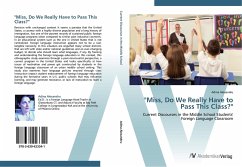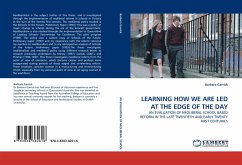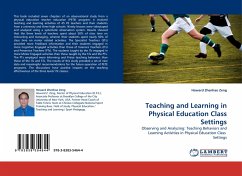Revision with unchanged content. It seems a paradox that the United States, a country with a highly diverse population and a long history of immigration, has one of the poorest records of sustained public foreign language programs when compared to similar post industrial countries. In an educational system such as the one in United States that is not centralized, foreign language instruction appears not to be a real, tangible necessity. In this situation are engulfed many school districts that are left with state and/or national guidelines and an ever-changing budget, to decide who should learn what languages, if any. By framing and understanding the foreign language education in this context, this ethnographic study examines through a post-structuralist perspective, a current program in the United States and looks specifically at how issues of motivation and power get constructed by students in the foreign language classroom of an urban middle school setting. This study also examines how language policies enacted through class instruction impact student endorsement of foreign language education during the formative years in U.S. public schools that may influence learning, and may generate resistance, or lack of motivation to learn a foreign language.
Bitte wählen Sie Ihr Anliegen aus.
Rechnungen
Retourenschein anfordern
Bestellstatus
Storno








